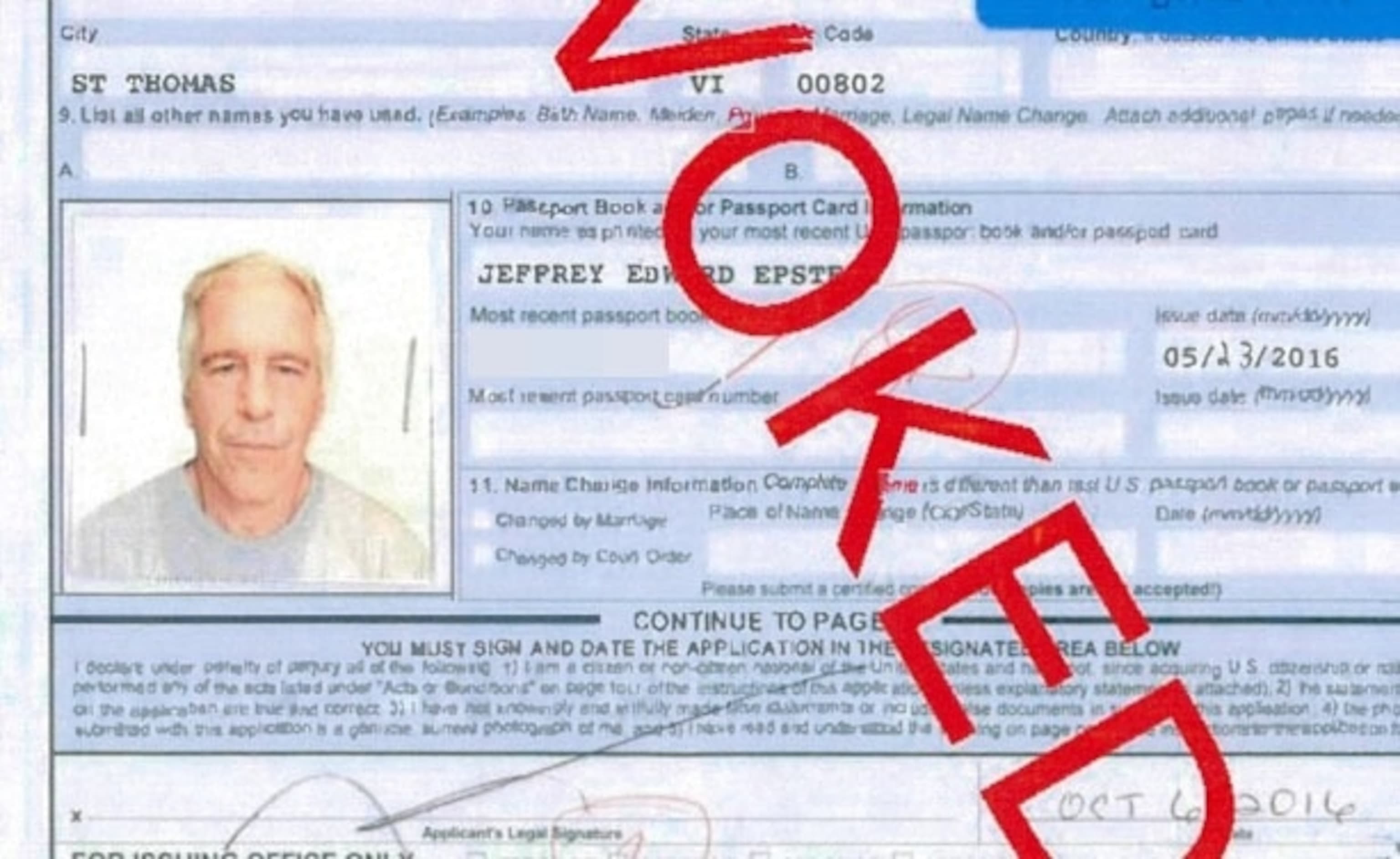House Oversight Committee Receives Epstein Files, 97% Reportedly Recycled Content

Washington D.C. – The House Oversight Committee announced this week that it has begun receiving documents related to the Jeffrey Epstein investigation from the Department of Justice (DOJ), following a subpoena issued earlier this month. However, initial reviews by some lawmakers indicate that the vast majority of the released material consists of previously public information, raising concerns about the transparency of the disclosure.
The delivery of these documents comes amidst persistent public and political pressure for full transparency regarding the disgraced financier Jeffrey Epstein, who died in jail in 2019 while awaiting trial on sex trafficking charges. Earlier unsealings in January 2024, stemming from a defamation lawsuit against Ghislaine Maxwell, revealed approximately 950 pages naming around 150 Epstein associates, though inclusion did not imply wrongdoing. The public has long speculated about a comprehensive "client list" and alleged blackmail material.
According to Democratic members of the House Oversight Committee, only 3% of the initial 33,000 pages provided by the DOJ contain new information. Representative Summer Lee (D-Pa.) stated that "the released Epstein documents are largely thousands of pages of recycled content already made available to the public." The primary new disclosure reportedly includes fewer than 1,000 pages of flight location logs for Epstein's plane from 2000 to 2014.
The ongoing push for these files has been a significant point of contention within the Trump administration and Congress. Attorney General Pam Bondi had previously stated that an "Epstein client list" was "on my desk," a claim later walked back by the DOJ, which asserted no credible evidence of such a list or blackmail existed. Despite this, House Oversight Committee Chairman James Comer (R-Ky.) issued subpoenas to the DOJ and other high-profile individuals, including the Clintons, in an effort to compel further disclosures.
The committee intends to conduct a thorough review of the documents and plans to make them public after redacting sensitive information, particularly victim identities and child sexual abuse material. However, the limited nature of the initial release has fueled skepticism among some lawmakers and the public, with calls for full, unredacted transparency continuing from figures like Representatives Thomas Massie (R-Ky.) and Ro Khanna (D-Calif.). The debate over the extent of government transparency in the Epstein case remains a prominent issue.